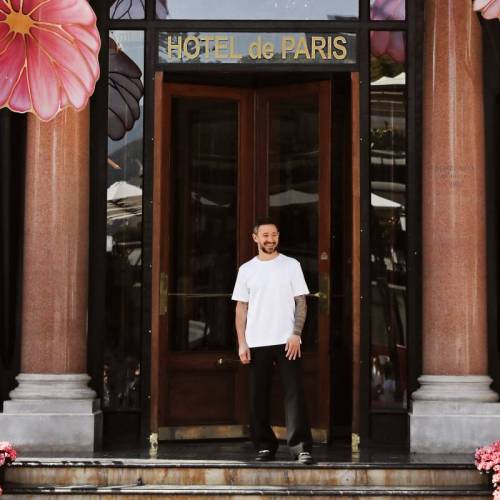The project unanimously voted into law Thursday evening by the National Council will allow parents to give children the surname of their mother. This is one step closer toward equality between men and women.
“The family name identifies us as a full-fledged individual, while at the same time relating us to a family group. To a community.” On Thursday evening, Valérie Rossi, rapporteur on behalf of the Commission on Women’s and Family Rights, stressed the importance for two parents to be able to give their child the name of the mother if they so wished.
The end of a prejudice
After the bill passed in November 2013, the bill was voted in unanimously by elected officials. It is a document of “major scope” that will “have an impact on the daily lives of our fellow citizens and residents”. “In keeping with our international commitments, the bill, we must realise, is significant development because of its family, human but also cultural implications,” said Minister of State Serge Telle.
The government’s text goes beyond the expectations of elected officials, as a child can now “bear the name of their mother and pass it on in turn, and not merely attach it as a common name”.
It is therefore a great step forward towards equality between men and women, with the rapporteur further emphasising that “the single model of the attribution of the name from the patriarchal tradition no longer corresponds to social reality, or even to the latest developments in our law. Thus, as parental authority is exercised jointly today, it seems fitting that the father is not the only one entitled to transmit his name.”
It is an important point in a country which has just voted in favour of the “cohabitation agreement” (the Monegasque version of PACS) but for which the notion of “head of household” has not yet been settled, according to Jean-Louis Grinda, National Councillor UM. For her part, Béatrice Fresko (HM) welcomed the bill, which she says “highlights the willingness of our institutions to give women the same rights”, while Christian Barilaro (HM), echoing an idea from Valérie Rossi’s report, evokes the end of a “prejudice”. But Béatrice Fresko also points out the limitations therein. “I fear that the name of the father is still culturally the one that will be chosen most often, and this is accentuated by the fact that in case of disagreement, that of the father will prevail.” But whatever the decision of the parents, is it not important to at least have a choice? In any case this is the position of the European Court of Human Rights and the evolution of the case-law.
From yesterday to today, here and abroad
- In ancient times, an individual bore only one name that was strictly personal to them and was not passed on. Only the Romans bore several names, including the nomengentilicium, the ancestor of the patronym or patronymic. It was only with the demographic explosion that the attribution of a surname, in addition to a first name, appeared essential in order to avoid name confusion.
- In terms of etymology, the patronym is the name of the father (from the Greek “pater” and “onoma”). The government decided to use a new terminology, so it became simply “surname”.
- For many years, Spanish law has permitted the transmission of the name of the father and the mother
- In Portugal, the law allows for a child to bear up to four names, chosen from among their parents, grandparents, and great-grandparents.
- In France, a child can bear the name of one of the parents, or both parents.
No more than two names
A person can only bear two names. The principle of the law remains the father’s surname. But if both parents agree, their child may bear the surname of the mother who substitutes hers for the patronym. Otherwise, the father’s surname prevails. At birth, the child will have only one surname: that of the father or that of the mother. The parents then have five days to agree. But what if the law is enacted when a couple already has one or more children? The parents may, within 18 months and if all their common children are under 13 years of age, choose to substitute the surname of the parent who did not transmit their name.
“Of course, this remains subject to the dual condition that all siblings have the same surname and that this choice is made only once,” says the rapporteur Valérie Rossi. The name of the mother, if not transmitted, may appear as the “common name”. Before 13 years of age, the child can add the surname of the second parent to his/her surname. This usage cannot be combined with the use of the surname of the spouse. The law states that “each spouse may bear the name of the other spouse, by substitution or addition to his or her own name, in the order that he or she has chosen”. Thus, even if cases are rare, a man can decide to bear only the surname of his wife. But be forewarned, as the common name is not transmitted. As with a nickname or pseudonym, it does not appear on civil documents, but can be added to surnames and forenames in legal acts, even authentic documents such as identity cards or driver’s licenses.
This particular bill, allowing children to take the surname of their mother, thus opens up a new realm of possibilities and further options for nomenclature for Monaco residents in the future.








